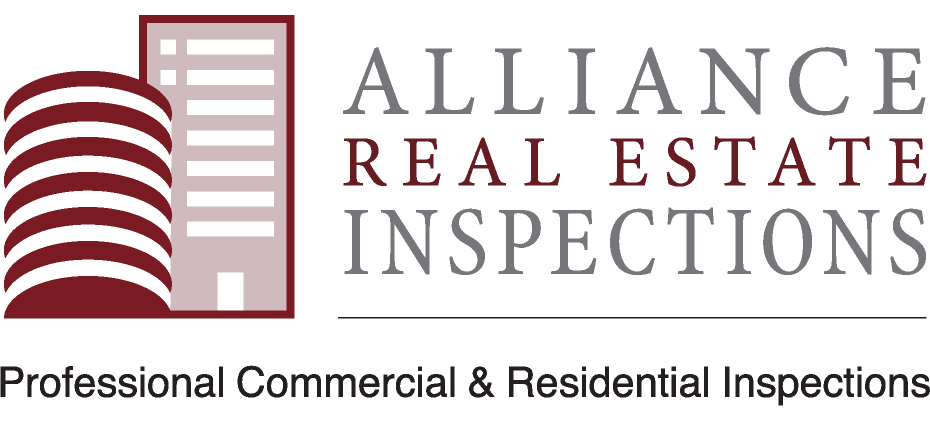|
|
If you have clients who buy or sell condos, you probably already know about SB 721 which went into effect in 2018. But because we’ve had so many calls and emails with questions, we decided that we should provide a crash course for anyone who might still be a little confused. And if you have any EEEs you need inspected, Alliance Real Estate Inspections can help. Please call for a quote! |
|
Frequently Asked Questions What is an Exterior Elevated Element? According to SEC. 2, Article 2.2, (2) “Exterior elevated element” means the following types of structures, including their supports and railings: balconies, decks, porches, stairways, walkways, and entry structures that extend beyond exterior walls of the building and which have a walking surfacae that is elevated more than six feet above ground level, are designed for human occupancy or use, and rely in whole or in substantial part on wood or wood-based products for structural support or stability of the exterior elevated element. Which buildings qualify for SB 721 inspections? The law states, “… buildings with 3 or more multifamily dwelling units” must have a percentage of any Exterior Elevated Elements (EEE) inspected by January 1, 2025 — unless the requirement has already been met within the last three years. Once the Exterior Elevated Elements have been inspected, they must be inspected every six years. Does the stairwell inside a unit qualify? No, because it’s not an exterior (outside) element. If there is a walkway that extends from the exterior of the building that does not have anything underneath, that is an EEE. An outside stairwell is an EEE. But if there is a structure or building under the deck or balcony, then it is not an EEE. For instance, if you have a roof deck over a garage, the deck does not need to be inspected to comply with SB 721. Our stairway is concrete. Does it fall under SB 721? No. The purpose of SB 721 is to prevent wood or wood-based structures from deteriorating so much that they become a hazard. If your EEE is made of metal or concrete, SB 721 does not apply. I have construction experience. Can I inspect the EEEs myself? No. Not just any inspector is qualified to conduct EEE inspections. The law states: “The inspection shall be performed by a licensed architect; licensed civil or structural engineer; a building contractor holding any or all of the “A,” “B,” or “C-5” license classifications issued by the Contractors’ State License Board, with a minimum of five years’ experience, as a holder of the aforementioned classifications or licenses, in constructing multistory wood frame buildings; or an individual certified as a building inspector or building official from a recognized state, national, or international association, as determined by the local jurisdiction.” |

